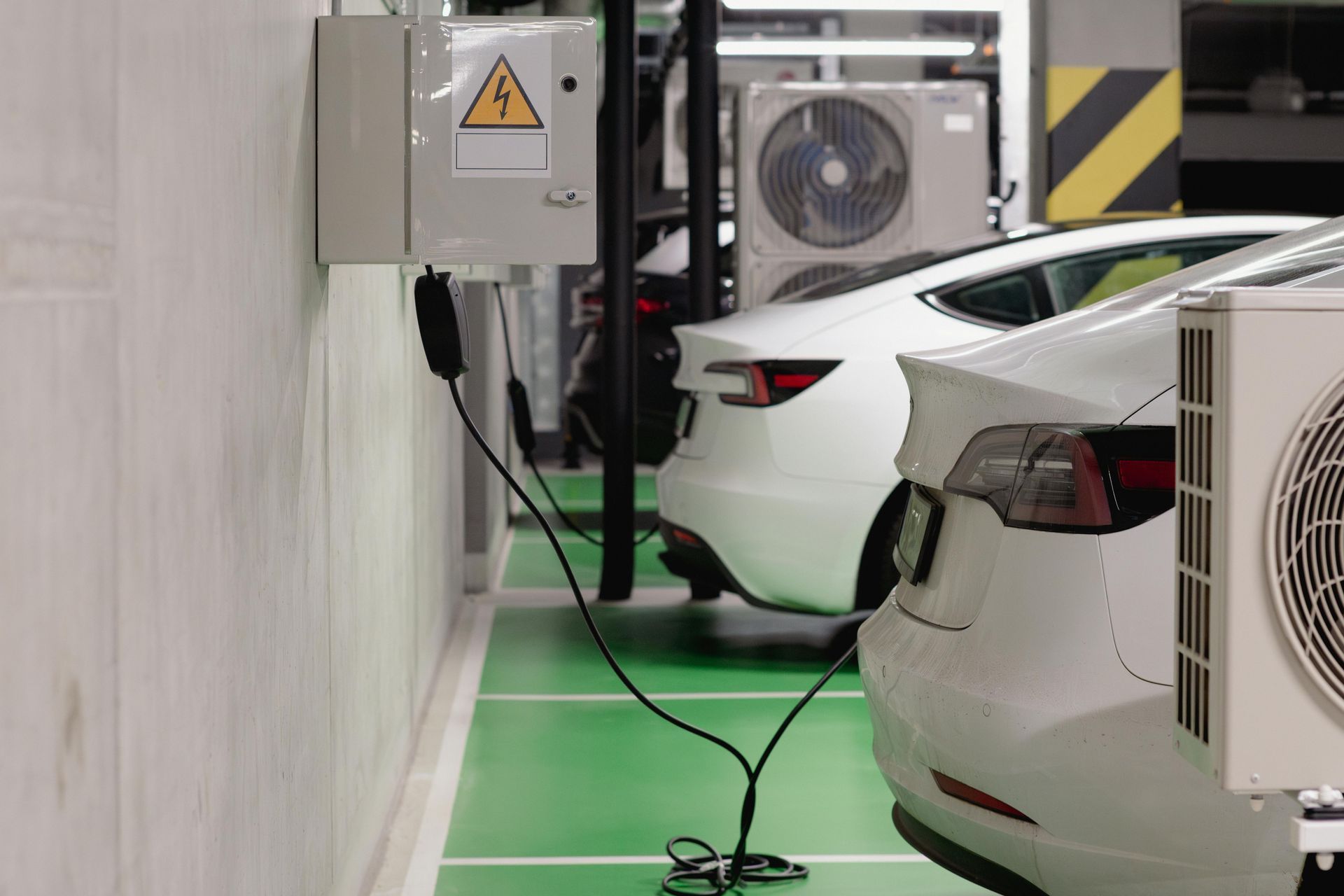
Electric and plug-in hybrid vehicles aren’t just good for the environment—they could also help you save thousands on your tax bill. If you’re considering adding a new vehicle to your business, the Vehicle Plug-In Credit could be a smart way to reduce your tax liability while modernizing your operations.
Let’s break down what this credit is, what qualifies, and how to make sure you’re getting the most out of it.
What Is the Vehicle Plug-In Credit?
The Vehicle Plug-In Credit is a nonrefundable federal tax credit for businesses and individuals who purchase qualifying electric or plug-in hybrid vehicles. The goal is to incentivize clean energy transportation—but for business owners, it’s also a legitimate, IRS-backed way to cut taxes and improve cash flow.
Depending on the make, model, and battery capacity of the vehicle, the credit can be worth up to $7,500 per eligible vehicle.
Who Qualifies?
To qualify for the credit, your business must meet a few key criteria:
- The vehicle must be new, not used
- It must be plug-in electric (not just a hybrid)
- The battery must have at least 5 kWh of capacity
- It must weigh under 14,000 pounds
- It must be used more than 50% for business purposes
Important: Some popular manufacturers (like Tesla and GM) have already passed the 200,000-vehicle sales cap, which phases out the credit for their models. Always check the IRS website or speak to your CPA to verify current manufacturer eligibility.
How Much Is the Credit?
- Starts at $2,500, with additional credits based on battery capacity
- Maxes out at $7,500 for qualifying vehicles
- Claimed on your federal tax return for the year you purchase the vehicle
If the vehicle is used partially for personal reasons, the credit will be reduced proportionally. Accurate tracking of business use is essential for claiming the full credit.
Strategic Considerations for Business Owners
This credit isn’t just for eco-conscious startups—it’s a real tax planning opportunity for established businesses, too. But you’ll want to time it wisely:
- If you’re planning to purchase a new vehicle, check the phase-out status for your manufacturer.
- If your business has higher-than-usual taxable income this year, the credit could offer immediate savings.
- Keep solid documentation of vehicle use, especially mileage logs, to support your business-use percentage.
Thinking about going electric with your next business vehicle?The Vehicle Plug-In Credit could put up to $7,500 back in your pocket—but only if you structure it right.
Schedule a consultation with Nth Degree CPAs today to make sure your vehicle purchase qualifies and supports your broader tax strategy.



